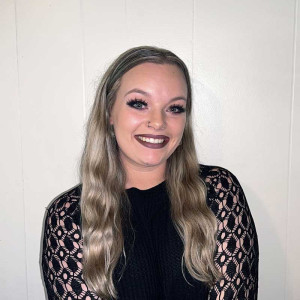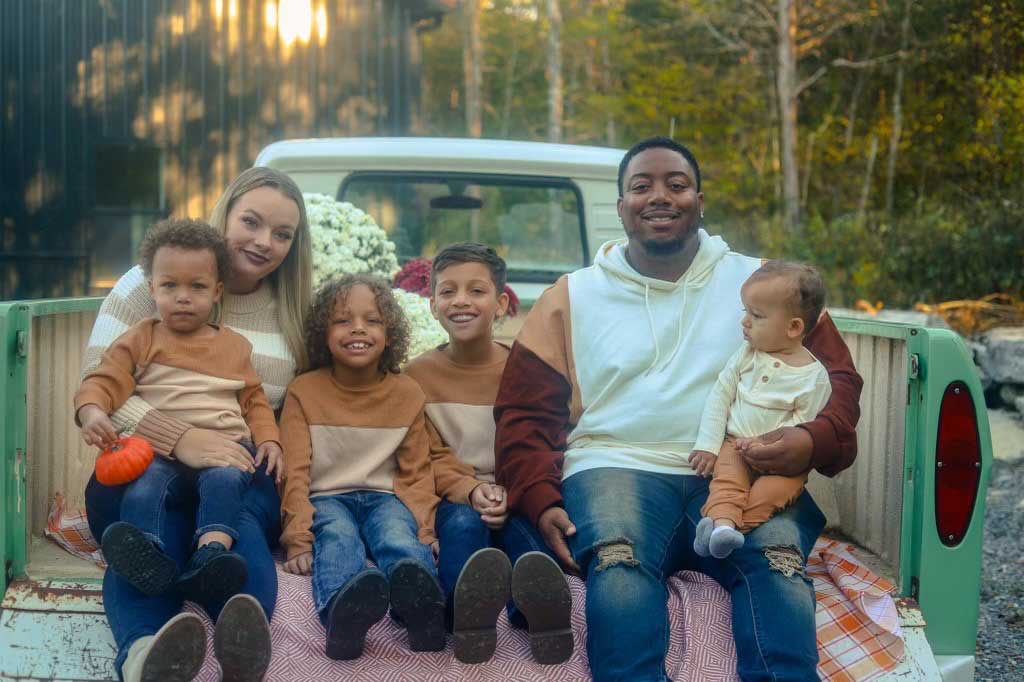My LifeSet Specialist inspired me to pursue social work
I was 17 and in foster care when I had my son. I was on track to graduate high school but didn’t think college was an option for a young mom without any family support. Then, I got connected with my LifeSet specialist, who provides individualized support to young people who turn 18 while still in state custody.
I had been in and out of foster care and the juvenile justice system since I was 11 years old, and she was the first ‘social worker’ I worked with who ensured my circumstance didn’t define my future. She helped me get extra scholarships to cover living expenses, so I could focus on school and didn’t have to spend as much time at a job. She connected me with therapy, reliable child care, and talked through the FAFSFA each semester with me. I can’t emphasize enough how helpful she was to me.
Originally, I was studying criminal psychology, but as I worked more with her, I realized that if someone could have this big of an impact on my life, maybe I could have a similar impact on others. So, I switched directions, and now I am a LifeSet specialist at Youth Villages serving young adults with similar backgrounds to mine. My former specialist is my supervisor, and I’m studying to earn a master’s in social work.
I find that, because I have been through similar circumstances, I’m able to build trust with young people quickly. Coming out of the child welfare system, it’s common to feel like your voice doesn’t matter and there aren’t many people you can trust. This can have a negative impact on your decision-making skills, and I have a lot of empathy for that.
The academic side also has rounded out my ability to support the young people I’m working with, complementing my personal life experiences with the experience of professionals in the systems that impact their lives. I have a better understanding of why judges rule in different cases and the impact of childhood trauma, which is another layer of support I can provide people.
Seeing the young adults I’m working with prioritize their mental health and succeed in academics and life is very rewarding. I love when they reach out to me to keep me updated on their lives, even after they discharge from the LifeSet program. Having been through the program myself, I know how difficult it can be to accept help and navigate the mental and emotional barriers impacting your success. I’m proud to be part of this stage of their journey and hope to stay in this field for a long time.
Support young adults in the LifeSet program
When you give to the LifeSet program, you help ensure every young person aging out of foster care has the resources and support system to successfully transition into adulthood. Give to Lifeset now.
If you’re interested in mentoring a young person in our LifeSet program click here.
—
By Sahar McGill
former LifeSet Participant and current LifeSet Specialist


